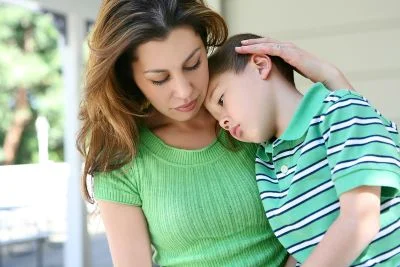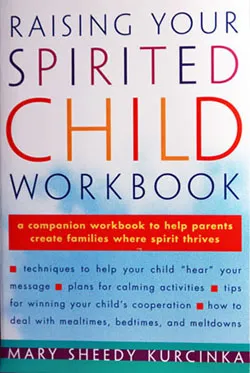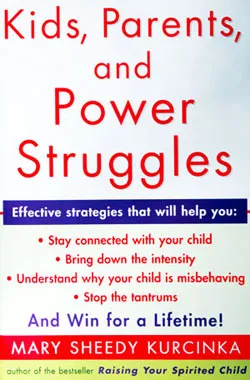An Unexpected Effect of the Pandemic: Children Behaving “Younger” Than Their Chronological Age

Is your four-year-old throwing tantrums that look and sound like that of a two-year-old on steroids? Does your child seem socially "immature" and struggle with peer relationships? Whether its being rude, impulsive, over-reactive or unfocused the real fuel source for your child’s challenging behaviors may be lack of practice and skill development caused by the pandemic.
It’s estimated that 45-64% of children are lagging academically due to the pandemic. The reality is it is not just academic skills that have been compromised. It’s social and emotional skills as well. Fortunately, with support and guidance those skills can be developed and strengthened.
- Begin by taking care of yourself. Dr. Bruce Perry writes in his book What Happened to You? “An exhausted, frustrated dysregulated adult can’t regulate anybody.” Self-care is not selfish. It is essential to being fully present in a compassionate way for your children. Choose to connect with other adults. Actively cultivate a sense of belonging. Seek interactions with neighbors, friends and even strangers. Intentionally engage in meaningful conversations. Meaningful conversations are NOT texts, posts, or tweets. They require putting down our devices, focusing on the person in front of us and deliberately choosing to connect. Studies are showing that the best predictor of our mental health is our current “relational health.” Connection calms and centers us. No one parents well in isolation.
- Observe behavior closely. When children erupt do you find yourself thinking, that seven-year-old is acting like a two-year-old? If that is the case, no matter what the children’s chronological age if they are acting like a two-year-old that behavior reflects their skill level and your starting point for teaching. Development is a sequence of steps. To effectively instruct you must begin at the children’s skill level – not where the chronological age would make you assume they “should” be.
- Regulate first. Dysregulated children cannot hear you, nor will they be open to a new or learning experience. To calm them bring predictability into their day with regular sleep, meal and exercise times. Get outside. Mother Nature calms all. Add in rhythmic activities such as walking, running, jumping, swimming, rocking, and swinging. Calm children can work with you.
- Gently nudge forward. Practice makes better. Create mini practice sessions for the skills your child does not have yet. If you are strengthening social skills, plan a play date with one other child – potentially a younger child. Initially agree to get together for no more than an hour. Meet in a neutral location such as a park. Seek a place with low stimulation levels. Schedule a time when your child is well fed and rested. Bring snacks and water. Stay tuned in. Be available to step in and coach. Note the first indication your child is becoming dysregulated. End the session while your child is still successful. The next day – practice again. Practice that challenges but does not overwhelm strengthens skills.
- Record and celebrate successes. Remind yourself, your children may not have that particular skill yet... but it is developing thanks to your coaching and support.
For more information check out these resources:
- Raising Your Spirited Baby by Mary Sheedy Kurcinka, Ed.D (Even if you do not have an infant the chapters describing The Gentle Nudge and skill development will be helpful for any age group.
- Kids, parents and Power Struggles by Mary Sheedy Kurcinka, Ed.D (The chapters describing how development and stress affect development will be especially helpful. )
- What Happened to You? By Bruce Perry, M.D., PhD and Orpah Winfrey
Display All Posts
Search by Topic:
ADHD (1)
Babies (10)
Baby caring (11)
Baby crying (9)
Baby Sleep (10)
Bed time (13)
Birthday Parties (1)
Breakfast with Spirit (4)
Caring for Yourself as a Parent (13)
Child Care Selection (2)
Children and Eating (4)
Children returning home (1)
Daylight Savings Time (4)
Dealing with a crisis (5)
Emotion Coaching (35)
Establishing Clear Limits (13)
Evening Routine (6)
Frustration Coaching (6)
Fussy baby (9)
Getting children Outside (3)
Getting children to help (3)
Gift giving and receiving (2)
Giving In (4)
Helping Children Learn to Share (3)
Helping Children Listen (9)
High needs baby (6)
Holidays (12)
Independent Play (1)
Mealtimes (7)
Meltdowns (20)
Morning Routines (10)
Mother's Day (2)
Pacifiers (2)
Parental Sleep (5)
Parenting (keeping your cool) (26)
Parenting in Uncertain Times (9)
Parenting Style (6)
Parenting Styles/Working Together (2)
Pockets of Predictability in a Hectic Day (14)
Potty Training (2)
Power Struggles (27)
Reducing Stress (23)
Routine, the secret to a calm day (18)
School (7)
Setting Limits for Children (6)
Sharing (3)
Six Year Old Development (1)
Sleep (15)
Summer (3)
Talking about Race with Your Children (1)
Time-out (1)
Toilet Training (2)
Traveling with Spirit (4)
When you must say NO (2)
Whining (7)
Words to use in the Heat of the Moment (16)
Working from Home (3)
Popular Posts:
- When your child yells at you: Expecting and Coaching respectful behavior
- 5 Tips to Stop the 'Strike out Tantrums:' Hitting, Biting, Kicking and Name-calling
- Why is my child suddenly clingy?
- Ten Steps to a Peaceful Bedtime for Your Spirited Child
- When Your Child’s Meltdowns Might Ruin Vacation






